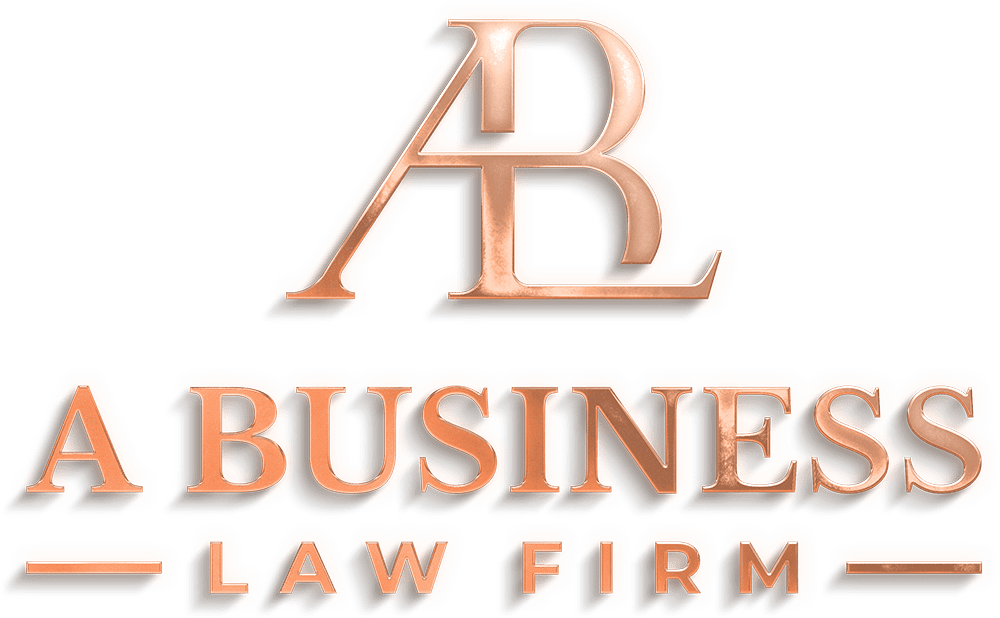In recent months, our firm has seen a significant uptick in entrepreneurs launching new ventures in South Carolina. One of the most fundamental decisions these business owners face is selecting the appropriate business structure. This choice impacts everything from personal liability to tax obligations, making it a critical first step in your business journey.
Understanding Your Options
When establishing a business, you typically have several structures to consider:
- Limited Liability Company (LLC): Perhaps the most popular choice for small businesses, LLCs offer personal asset protection while also offering the widest variety of options regarding authority within the structure. They’re relatively simple to establish, they have fewer formalities than c-corporations, and they offer flexibility for tax planning purposes.
- Statutory Close Corporation: This specialized corporate structure is designed for businesses with a small number of shareholders, offering some advantages of corporations while allowing for more streamlined operations. In South Carolina, these entities operate under specific statutory provisions that provide flexibility in governance.
- C-Corporation: The traditional corporate structure provides more liability protection but involves more complex compliance requirements and potential double taxation issues.
- Sole Proprietorship/Partnership: While simple to establish, these structures offer no liability protection, exposing your personal assets to business risks.
The Two Key Considerations
When clients visit our office to discuss business formation, two factors consistently drive the conversation:
1. Liability Protection: The primary reason many entrepreneurs form LLCs or corporations is to create a legal separation between business and personal assets. This “corporate veil” helps shield your home, savings, and other personal property from business creditors and legal claims.
2. Tax Planning: How your business is taxed can dramatically impact your bottom line. At A Business Law Firm, we focus on establishing the legal framework, and then we work closely with CPAs who provide tax guidance specific to your situation.
The Collaborative Approach
A common misconception is that attorneys handle all aspects of business formation. In reality, establishing a successful business structure requires collaboration. At A Business Law Firm, we address liability concerns and legal compliance, while your CPA provides crucial tax planning advice. This team approach ensures your business structure aligns with both legal and financial goals. For example, an LLC might offer excellent liability protection, but depending on your specific financial situation, S-Corporation tax treatment could provide significant tax advantages. Only by having both legal and tax professionals working together can you establish the optimal structure.
What to Do After You Select Your Structure
Once you have selected your structure and filed to create your business, then the attorneys at A Business Law Firm, work to set up the legal infrastructure of your business, such as organizational minutes, operating agreements or shareholder managements agreements, and they work to educate you on the operational mistakes that many businesses owners make that destroy the ‘corporate veil’ and expose the owners to personal liability. The attorneys believe that educating their clients is one of the most important ways an attorney can help and protect their clients’ interests.
Next Steps for New Business Owners
If you’re considering starting a business or reevaluating your current business structure, we recommend scheduling a consultation to discuss your specific circumstances and goals. Our attorneys can help navigate these complex decisions and work alongside your tax professional to create a comprehensive strategy. For personalized guidance on business formation and structure, contact A Business Law Firm, LLC today at 864-699-9801 or visit our website for articles on legal topics.






